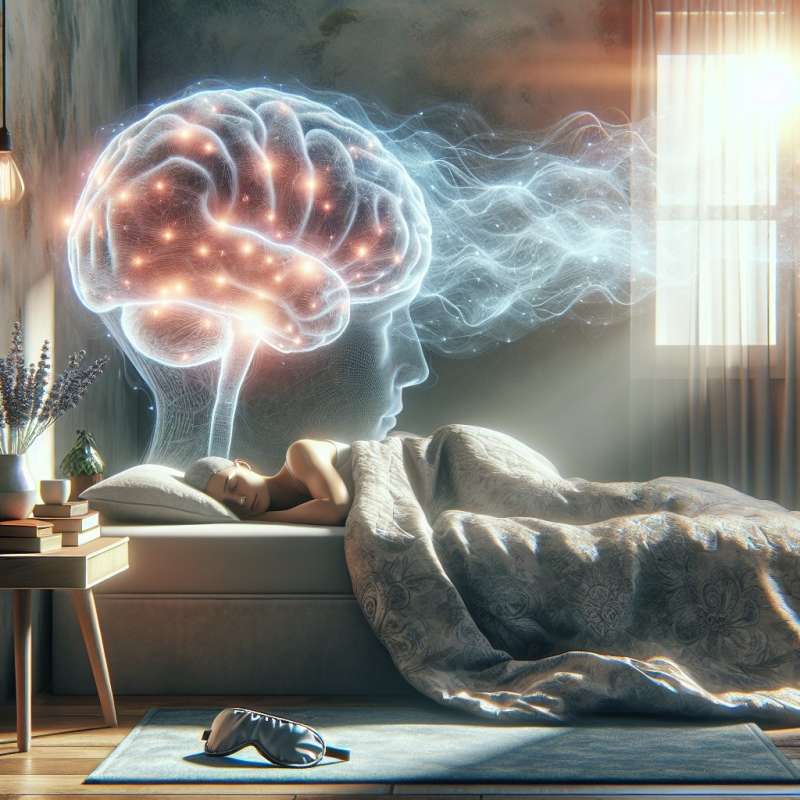
Sleep: Brain's Detox Time
During sleep, the brain's glymphatic system activates, clearing out waste products like beta-amyloid, which is linked to Alzheimer's disease. This process is analogous to a nightly 'deep-clean' for brain health.
Memory Consolidation in Sleep
Sleep is crucial for memory consolidation. The brain replays waking experiences to strengthen neural connections, essentially 'practicing' skills learned throughout the day, which is vital for long-term learning and memory retention.
Sleep and Emotional Regulation
REM sleep, characterized by vivid dreaming, helps process emotional experiences. Lack of sleep impairs the prefrontal cortex, leading to decreased emotional control and increased stress reactivity.
Cerebral Shrinkage Prevention
Chronic sleep deprivation is linked to reduced brain volume, particularly in regions responsible for cognition and emotional processing. Regular sleep helps maintain brain structure and function.
Neurogenesis Through Sleep
Sleep enhances neurogenesis—the creation of new neurons in the brain. This process is essential for brain plasticity and the ability to adapt to new experiences and learn.
Sleep's Role in Illness
Poor sleep is associated with an increased risk of neurological disorders such as Parkinson's and Alzheimer's disease. Quality sleep may delay the onset or progression of such conditions.
Sleep for Cognitive Longevity
Adequate sleep throughout life correlates with preserved cognitive function in old age. It's hypothesized that sleep helps maintain the health of neuronal networks, staving off cognitive decline.
What does sleep detoxify the brain from?
Excess neurotransmitters accumulation
Beta-amyloid and other waste products
Unused glucose and lipids
Company